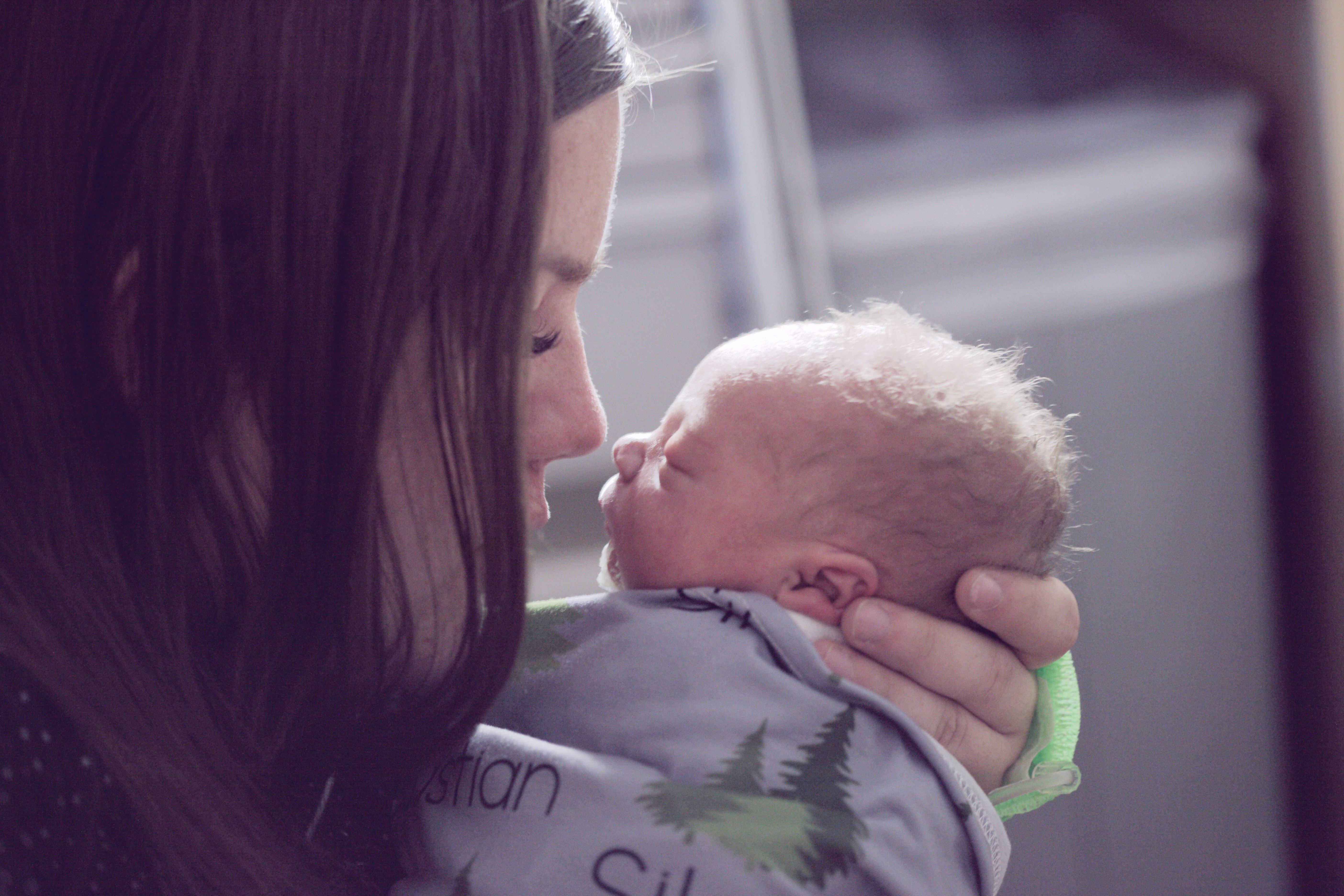Postpartum Struggles: Recognizing, Treating, and Thriving
Look into the postpartum struggles in the diverse struggle from the comprehensive guide. Delve into the nuanced understanding of postpartum depression, recognizing the divergent symptoms beyond sadness. Unearth the assessment and diagnosis process, emphas

Unveiling the preventive strategies, it includes building resiliency via improved communication and network support. A practical feel is delivered by a mother as she tells of her experience in providing this need. Lastly, the article concludes with practical advice of immediate professional help, open communication, and first priority of mental health for thriving postpartum experiences.
Understanding Postpartum depression
It is a mood disorder that can affect some individuals after giving birth. It involves feelings of extreme sadness, anxiety, and exhaustion. Postpartum depression differs from typical postpartum adjustments in its intensity and duration. While some mood swings and stress are normal, persistent feelings of sadness, hopelessness, and disinterest in daily activities could indicate postpartum depression. If these symptoms last more than a couple of weeks or worsen over time, it’s essential to seek professional help for an accurate diagnosis and appropriate support.
A common misconception about postpartum depression is that it's solely characterized by sadness. In reality, it can manifest in various ways, including irritability, anxiety, changes in appetite, and difficulty bonding with the baby. Recognizing these diverse symptoms is crucial for understanding and addressing postpartum depression effectively.
Assessment and Diagnosis:
We use standardized tools to diagnose. Sometimes we use questionnaires and interview methods to diagnose.
I think the major difference is that postpartum happens after childbirth. So this can be a clear indicator however experience helps too.
Involving partners or family members in the assessment and support process is crucial for effective care. Encouraging open communication and providing education about postpartum depression helps them understand the challenges. Partners can attend appointments with healthcare professionals, participate in therapy sessions, and actively support the affected individual in daily tasks. Building a strong support system enhances the overall well-being of both the person experiencing postpartum depression and their loved ones.
Therapeutic Modalities:
Therapeutic approaches for postpartum depression often include cognitive-behavioral therapy (CBT), interpersonal therapy (IPT), and psychodynamic therapy. CBT helps identify and change negative thought patterns, while IPT focuses on improving interpersonal relationships. Psychodynamic therapy explores unconscious influences on behavior. Medication may also be prescribed in severe cases. The choice of therapy depends on individual circumstances, and a combination of approaches might be most effective. Collaborative care involving therapy, support groups, and medication, when necessary, can address the complex nature of postpartum depression.
Therapeutic interventions for postpartum depression involve understanding the individual's specific circumstances, preferences, and needs. This may include considering cultural factors, family dynamics, and personal goals. Collaboratively setting treatment goals, flexibility and ongoing communication with the individual help create a supportive and customized treatment plan.
Prevention strategies:
We don’t know whether the new parents would go under postpartum depression or not however having open communication about their feelings or struggles, seeking support from friends and families, and attending prenatal classes can be a few strategies.
In therapeutic work, focusing on resilience involves exploring coping strategies, stress management, and setting realistic expectations. Discussing the emotional changes during pregnancy, preparing for potential challenges, and building a strong support network can help foster mental health preparedness for the transition to postpartum. Regular check-ins and self-care practices are also valuable aspects of the therapeutic process.
Personal Connection to the Topic:
Influence would be a big word I would say. Client experience is relatable.
As myself being a mother I know the struggles we face after having a baby and this motivates me. We know the body undergoes so many changes during and post pregnancy and a simple sharing about this can help people know that postpartum blues will be there and you can take care of it.
Advice for readers:
If someone suspects postpartum depression, it's crucial to seek professional help promptly. Encourage open communication and provide emotional support. One can also try to be available to do baby duties if possible so the new parent can get some time off. Education about the condition can help both the individual and their loved ones navigate this challenging time.
Prioritizing mental health during the postpartum period involves self-care. Establish a support system, communicate openly with loved ones, ensure sufficient rest, and make time for activities that bring joy. Regular exercise, a balanced diet, and seeking moments for relaxation can also contribute to overall well-being. If stressors persist, consider professional help to address challenges early on.


